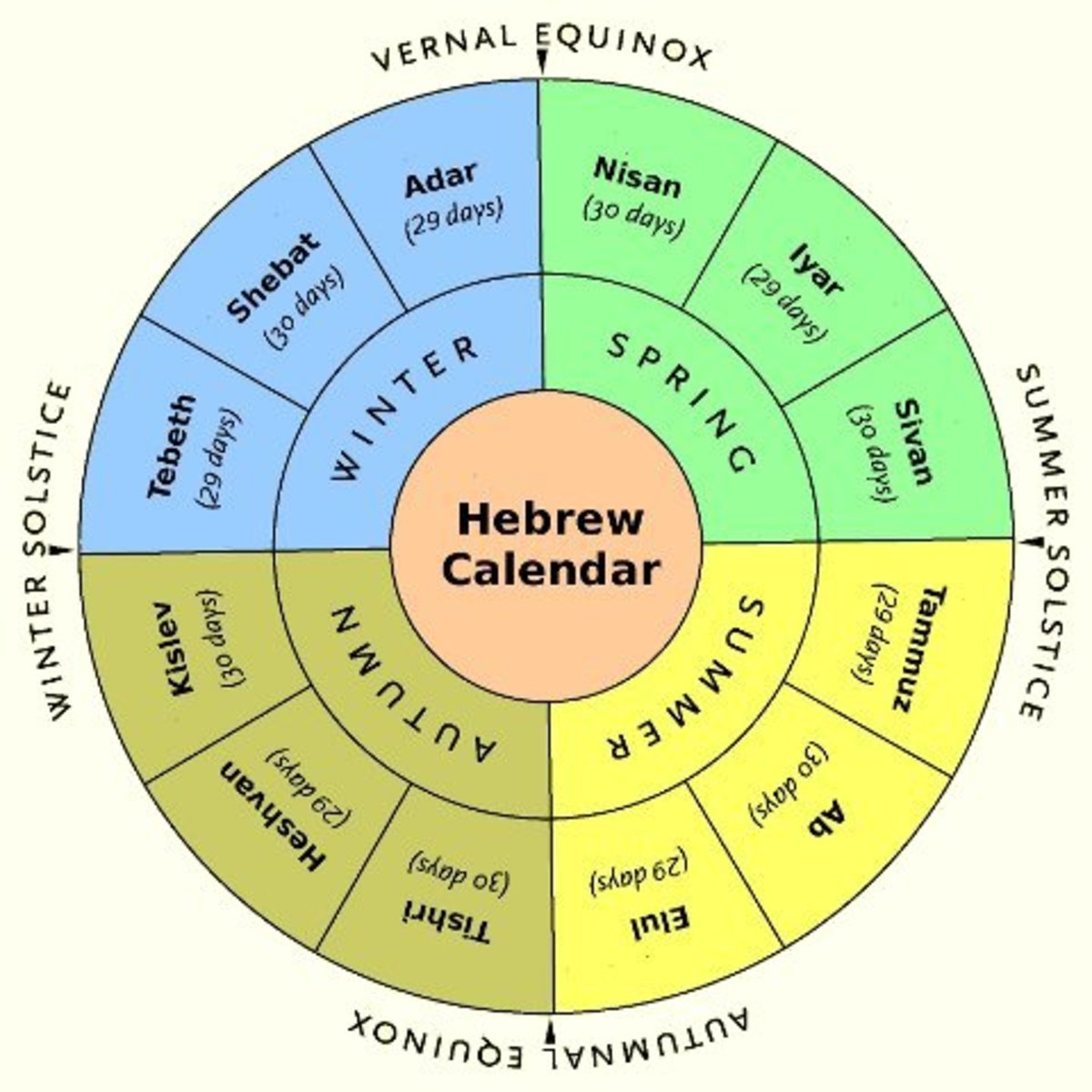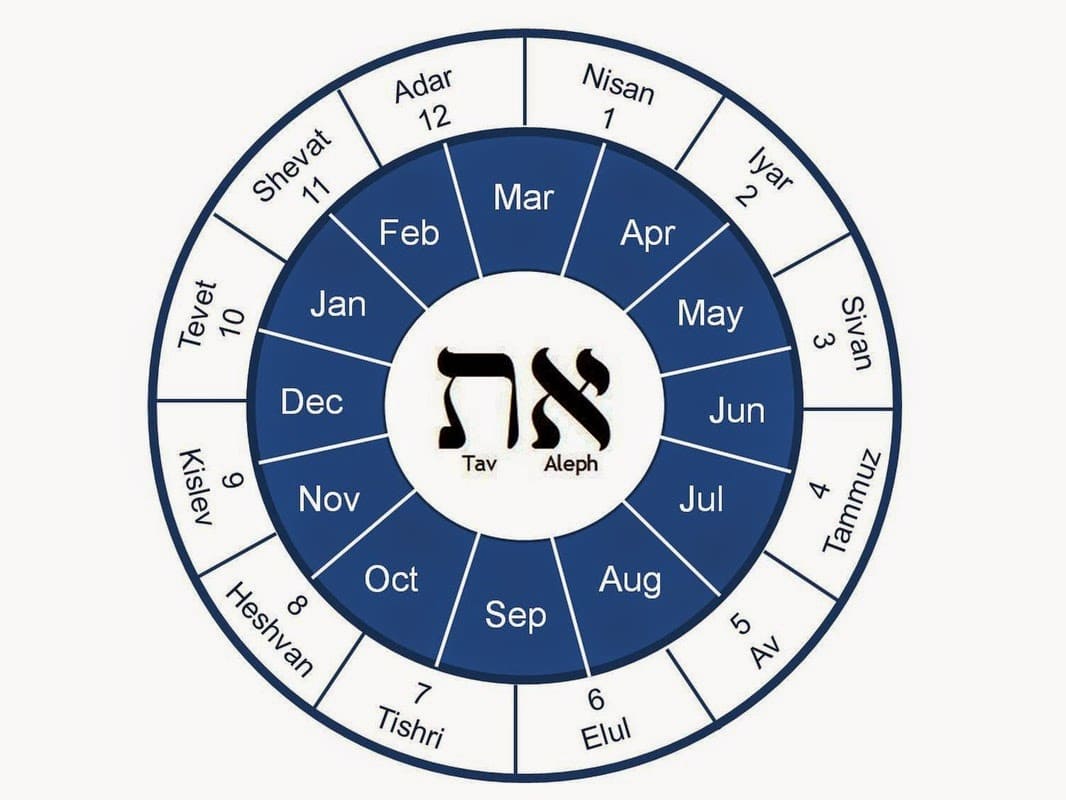Hebrew Calendar Explained - Every month is either 29 or 30 days long, beginning (and ending) on a special day known as rosh chodesh (“the head of the month”). Judaism marks and celebrates time in a number of ways — holidays, shabbat, the weekly readings of specific portions of the torah, and the rituals.
Every month is either 29 or 30 days long, beginning (and ending) on a special day known as rosh chodesh (“the head of the month”). Judaism marks and celebrates time in a number of ways — holidays, shabbat, the weekly readings of specific portions of the torah, and the rituals.
Judaism marks and celebrates time in a number of ways — holidays, shabbat, the weekly readings of specific portions of the torah, and the rituals. Every month is either 29 or 30 days long, beginning (and ending) on a special day known as rosh chodesh (“the head of the month”).
What Is Hanukkah? A Closer Look at the Festival of Lights HubPages
Judaism marks and celebrates time in a number of ways — holidays, shabbat, the weekly readings of specific portions of the torah, and the rituals. Every month is either 29 or 30 days long, beginning (and ending) on a special day known as rosh chodesh (“the head of the month”).
Understanding the Hebrew Calendar
Every month is either 29 or 30 days long, beginning (and ending) on a special day known as rosh chodesh (“the head of the month”). Judaism marks and celebrates time in a number of ways — holidays, shabbat, the weekly readings of specific portions of the torah, and the rituals.
All about the Jewish Calendar
Every month is either 29 or 30 days long, beginning (and ending) on a special day known as rosh chodesh (“the head of the month”). Judaism marks and celebrates time in a number of ways — holidays, shabbat, the weekly readings of specific portions of the torah, and the rituals.
How To Read The Jewish Calendar Ursa Alexine
Every month is either 29 or 30 days long, beginning (and ending) on a special day known as rosh chodesh (“the head of the month”). Judaism marks and celebrates time in a number of ways — holidays, shabbat, the weekly readings of specific portions of the torah, and the rituals.
The Jewish Calendar with Dates for Each Month
Judaism marks and celebrates time in a number of ways — holidays, shabbat, the weekly readings of specific portions of the torah, and the rituals. Every month is either 29 or 30 days long, beginning (and ending) on a special day known as rosh chodesh (“the head of the month”).
The Hebrew Calendar A Journey Through Time And Tradition Top
Judaism marks and celebrates time in a number of ways — holidays, shabbat, the weekly readings of specific portions of the torah, and the rituals. Every month is either 29 or 30 days long, beginning (and ending) on a special day known as rosh chodesh (“the head of the month”).
What Is The 5Th Month Of The Hebrew Calendar
Every month is either 29 or 30 days long, beginning (and ending) on a special day known as rosh chodesh (“the head of the month”). Judaism marks and celebrates time in a number of ways — holidays, shabbat, the weekly readings of specific portions of the torah, and the rituals.
Current Date Hebrew Calendar Anatomy Drawing Lessons
Judaism marks and celebrates time in a number of ways — holidays, shabbat, the weekly readings of specific portions of the torah, and the rituals. Every month is either 29 or 30 days long, beginning (and ending) on a special day known as rosh chodesh (“the head of the month”).
The Hebrew Calendar Explained
Judaism marks and celebrates time in a number of ways — holidays, shabbat, the weekly readings of specific portions of the torah, and the rituals. Every month is either 29 or 30 days long, beginning (and ending) on a special day known as rosh chodesh (“the head of the month”).
Today'S Date On The Hebrew Calendar Marga Salaidh
Judaism marks and celebrates time in a number of ways — holidays, shabbat, the weekly readings of specific portions of the torah, and the rituals. Every month is either 29 or 30 days long, beginning (and ending) on a special day known as rosh chodesh (“the head of the month”).
Every Month Is Either 29 Or 30 Days Long, Beginning (And Ending) On A Special Day Known As Rosh Chodesh (“The Head Of The Month”).
Judaism marks and celebrates time in a number of ways — holidays, shabbat, the weekly readings of specific portions of the torah, and the rituals.









